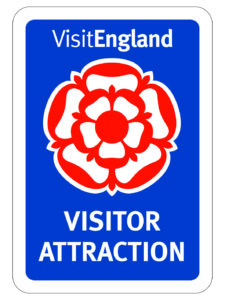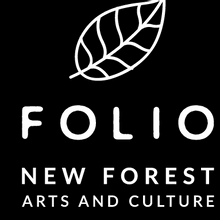postcard
LMGLM:1998.256.3
Summary: postcard, sepia, photograph of the gardens at the front of the house at Pylewell Park, Lymington, Lymington and Pennington, Hampshire showing people in Edwardian dress, 1900sIdentification note: William Ingham Whitaker made major alterations to the gardens in the first half of C20. New parterres were laid out on the south-east front with balustraded ha-has,...
Description
Summary: postcard, sepia, photograph of the gardens at the front of the house at Pylewell Park, Lymington, Lymington and Pennington, Hampshire showing people in Edwardian dress, 1900s
Identification note: William Ingham Whitaker made major alterations to the gardens in the first half of C20. New parterres were laid out on the south-east front with balustraded ha-has, and the pleasure grounds were developed with Asian and Australian plant collections, brought back from his travels to the Far East. Ha-has, or concealed ditches, were built to dissuade deer and cattle from encroaching on the lawns, at the same time providing uninterrupted views from the house. A new lily pond was created, and the wooden Japanese Bridge was constructed. Japanese garden bridges were more than just a crossing over a narrow body of water; they were designed to give a feeling of transition within the landscape. A new lake was dug around 1900, in which Whitaker invested a considerable amount of money; a railway track was built, with wagons used to transport the spoil. A collection of rhododendrons was established on the banks of the lake between 1912 and the early 1920s, at which time the gardens had reached their most elaborate stage, with 40 gardeners employed. Minor additions were made to the terrace walk gardens to the east of the house in the 1960s, and the parterres on the south-east front were simplified. The walled garden was leased as a commercial nursery. Today, the Pylewell Park site covers approximately 147 hectares, of which 17 hectares are registered gardens. The formal parterres around the house still exist, as does the six hectare lake, and there are also woodland walks and a kitchen garden.








